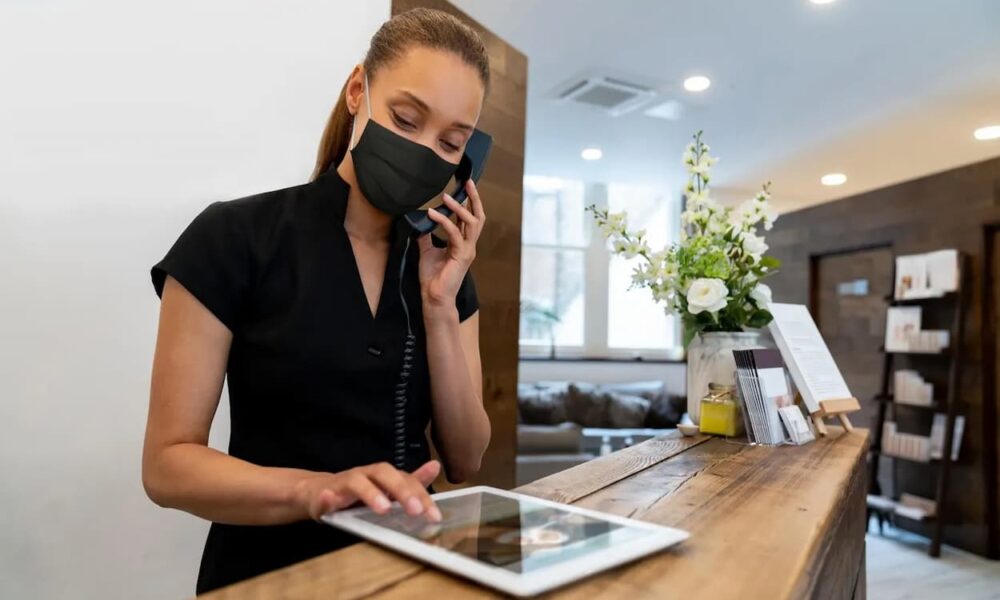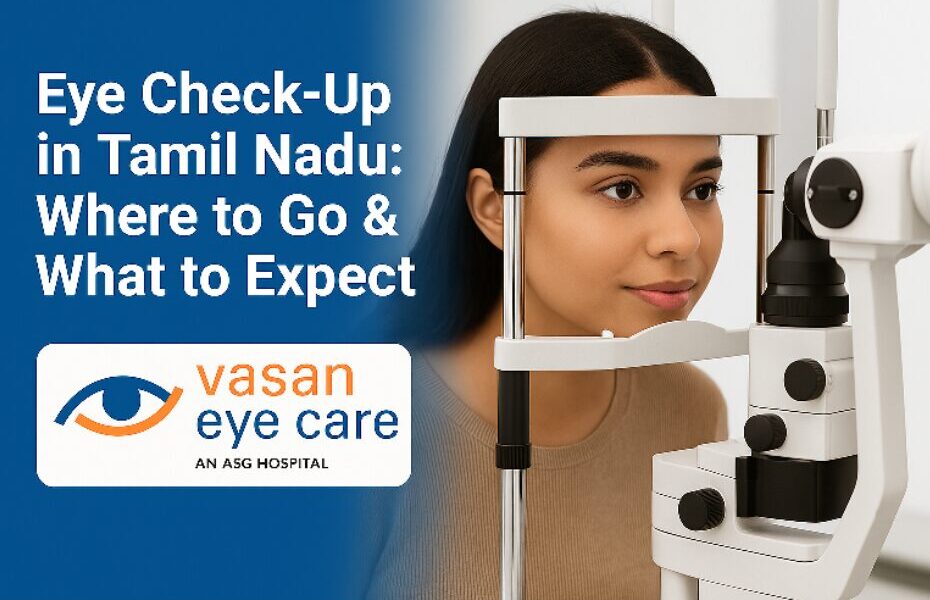Let’s start with a simple question: When was the last time you had your hearing checked?
If you’re like most people, the answer is either “I don’t remember” or “Never.” While we regularly get our eyes examined, our teeth cleaned, and our blood pressure checked, hearing often gets ignored until there’s a problem.
But what if we told you that regular hearing evaluations could be the key to preventing long-term hearing damage? Not just detecting it, but actively preventing it?
Let’s dive into how hearing evaluations do more than test your ears they protect your future.
Hearing Loss: A Silent Progression
Unlike a twisted ankle or a sore throat, hearing loss doesn’t usually hit you all at once. It’s sneaky. Gradual. You may not even notice it’s happening.
Here’s the problem: by the time many people realize their hearing has declined, irreversible damage has already been done.
The culprits?
- Age-related degeneration
- Noise exposure (concerts, headphones, noisy workplaces)
- Ototoxic medications
- Underlying health conditions like diabetes or high blood pressure
In many cases, these changes can be slowed or even prevented with early detection and intervention. That’s where hearing evaluations come in.
What Exactly Is a Hearing Evaluation?
Think of a hearing evaluation as a comprehensive check-up for your ears. It’s not just a quick “Can you hear this beep?” test. A full evaluation is performed by a licensed audiologist or hearing care professional and includes several components:
- Case history and symptom discussion
- Otoscopy (looking in your ears for wax, blockages, or infection)
- Tympanometry (to check middle ear function)
- Pure-tone testing (determines hearing thresholds)
- Speech recognition tests
- Bone conduction testing
The results are plotted on an audiogram, which shows your hearing ability across different frequencies. This chart can reveal early signs of hearing loss even before you notice them in daily life.
Prevention Starts with Awareness
Let’s say your hearing evaluation reveals mild hearing loss in the high frequencies—common in people exposed to loud noise.
At this stage, you might still be getting through conversations just fine. But now, you have something invaluable: information.
Armed with this knowledge, you can:
- Limit exposure to loud environments
- Wear protective hearing gear
- Adjust listening habits (like turning down the volume on earbuds)
- Get regular follow-ups to monitor changes
In short, you can take proactive steps to prevent things from getting worse.
Without that evaluation? You’d continue your daily routine, unknowingly making your hearing situation worse over time.
Protecting More Than Your Ears
Long-term hearing damage isn’t just about hearing less it affects so much more of your health and lifestyle.
Cognitive Decline
Studies have shown a strong link between untreated hearing loss and cognitive issues like dementia and memory loss. Why? Because when your brain isn’t getting clear sound signals, it works harder to fill in the gaps—draining mental energy from other tasks.
Social Isolation
Struggling to hear makes social interactions exhausting. Many people withdraw, avoid conversations, or feel embarrassed. This can lead to depression and loneliness.
Work and Safety Risks
Hearing loss can make it harder to succeed professionally missed calls, unclear instructions, or communication issues with colleagues. In certain jobs, it can even pose safety risks.
A simple hearing evaluation can help catch these risks early and even prevent them entirely with the right intervention.
Hearing Evaluations Are for Everyone—Not Just Seniors
There’s a myth that hearing evaluations are only for the elderly. In reality, people of all ages benefit from routine hearing checks. Consider these situations:
- Young adults using earbuds daily
- Workers in construction, manufacturing, music, or aviation
- Parents of children with speech delays or learning concerns
- Middle-aged adults with medical conditions like diabetes
- Anyone who’s noticed ringing in the ears or trouble following conversations
Just like dental cleanings or eye exams, hearing evaluations should be part of your wellness routine regardless of your age.
Early Intervention Means Better Outcomes
Let’s talk about what happens if your evaluation reveals hearing loss.
The good news? Early treatment is incredibly effective.
Intervention might include:
- Custom hearing protection for noisy environments
- Hearing aids with technology tailored to your lifestyle
- Assistive listening devices for work or entertainment
- Aural rehabilitation to train your brain to interpret sound
- Medical referrals if there’s an underlying health concern
When hearing loss is caught early, these interventions work better and feel less disruptive. You’re not “fixing” a crisis you’re maintaining your health.
Real Stories: How One Hearing Evaluation Changed a Life
Meet Sarah, a 42-year-old graphic designer. She thought her hearing was fine, but she struggled in meetings and had a constant ringing in her ears. On a whim, she got a hearing evaluation.
The test showed mild high-frequency hearing loss likely from years of headphone use. She started using custom-fitted earplugs, adjusted her audio settings, and followed up yearly.
Now? No more ringing. No more struggling at work. Just peace of mind and healthy hearing.
This isn’t rare it’s the power of proactive care.
Let’s Talk About Cost and Access
One reason people skip hearing evaluations is fear of cost. But many clinics offer free or low-cost hearing screenings. Full evaluations may be covered by insurance, especially if you have a referral or a known risk factor.
Even if you pay out-of-pocket, consider this:
Would you rather invest in an evaluation now or spend thousands later on hearing aids, communication support, and health complications?
Access is growing, too. Telehealth options, mobile hearing services, and workplace testing events are making it easier than ever to get checked.
Your Action Plan: When and How to Get Evaluated
If you haven’t had a hearing evaluation in the last 2 years, it’s time. And sooner if you notice:
- Ringing in your ears (tinnitus)
- Frequently asking people to repeat themselves
- Turning up the volume higher than others prefer
- Trouble following group conversations
- Feeling fatigued after socializing
Find a licensed audiologist or hearing care provider in your area. Many clinics allow you to book online, and some offer same-day appointments.
Bring a list of any symptoms, medical history, and noise exposure this helps your provider tailor the evaluation to your needs.
Final Thoughts: Hear Today, Thrive Tomorrow
Your hearing is one of your most vital senses connecting you to people, nature, work, and joy. And yet, it’s often taken for granted until it’s gone.
Hearing evaluations aren’t just about detecting hearing loss. They’re about preserving your quality of life, your independence, and your ability to engage with the world around you.
By making hearing evaluations part of your routine, you’re investing in your long-term wellness—and preventing damage before it begins.
So don’t wait for silence to remind you of what you’re missing.
Listen to your body. Schedule a hearing evaluation today.












Leave a Reply